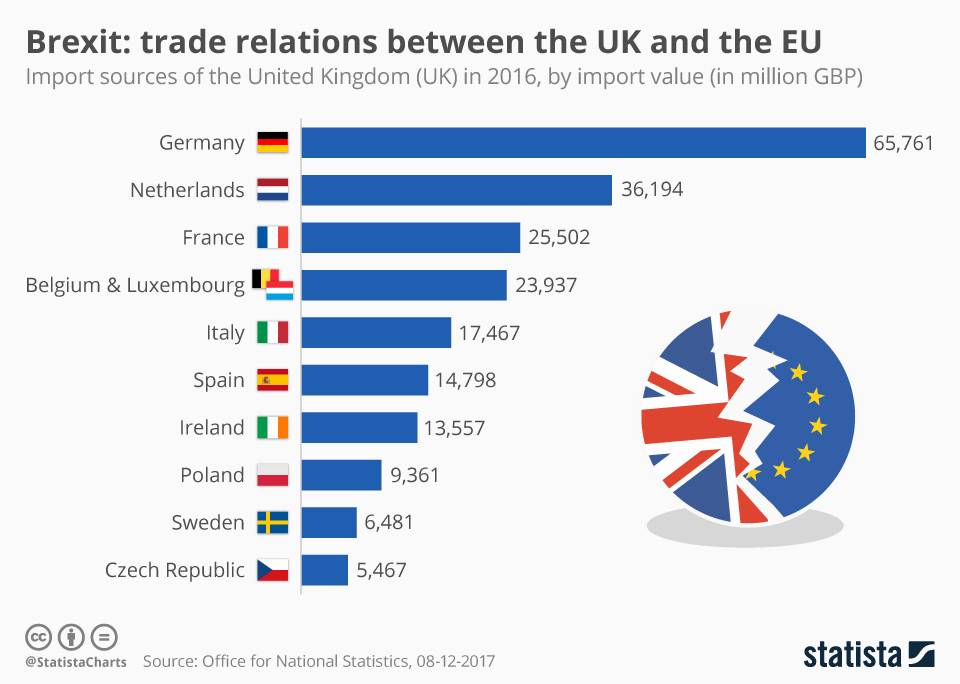UK Now in Strongest Global Trade Position – Chancellor Reeves Claims
By Michael Race and Faisal Islam | BBC
Chancellor Rachel Reeves has declared that the UK is now "better placed on trade than any other country in the world." She cited a series of recent trade agreements with the EU, US, and India as evidence of Britain's strengthened global economic position.
Speaking to the BBC, Reeves stated that the government intends to build on its new agreement with the EU and is eyeing a trade pact with Gulf nations—including Saudi Arabia and Qatar—as the next priority. However, she ruled out trade negotiations with China, despite previously expressing interest in a long-term relationship with the country.
Opposition parties were quick to criticise the government's trade strategy. Conservative leader Kemi Badenoch argued that the latest EU deal set the UK back and accused the government of being "shafted" in its agreement with the US on tariffs. Reform UK leader Nigel Farage took to social media, accusing Labour of “selling out†the fishing industry and denouncing the EU as an “ever-diminishing political union.â€
Liberal Democrats leader Sir Ed Davey welcomed the EU agreement as a "stepping stone" but called for a more comprehensive deal, including rejoining a customs union.
On Monday, the UK and EU announced a wide-ranging deal covering fishing, trade, defence, and energy—the most substantial agreement between the two since Brexit. This followed a separate trade deal with India aimed at boosting UK exports such as whisky and cars, while reducing tariffs on Indian clothing and footwear.
The UK has also secured a tariff-reduction deal with the US under President Trump. Reeves told the BBC these three agreements are expected to boost Britain’s economic growth. “We are forecasting 1% growth this year,†she said. “With 0.7% already achieved in Q1, growth projections will now factor in these trade deals.â€
The UK economy received a lift last week after official figures showed a 0.7% increase in GDP during the first quarter. Economists note that higher growth typically leads to improved wages, consumer spending, and job creation. However, they caution that the momentum may be short-lived due to potential global slowdowns caused by US tariffs.
Some economists have also warned that the chancellor's decision to raise National Insurance for employers could weigh on the UK’s economic performance.
According to Reeves, the government had the EU—still the UK’s largest trading partner—in mind when negotiating with both the US and India. As part of the EU deal, the UK agreed to extend current fishing rules in exchange for reduced checks on food exports.
She emphasised that food standards were non-negotiable in these talks: “We increased the beef import quota from the US, but maintained our high standards—not only because they matter to us, but also to secure the EU agreement, which remains critical for UK agriculture and fishing.â€
Reeves described the trade deals as having “come along like buses,†celebrating them as signs of the UK’s renewed appeal to investors.
“We’ve got the best deal with the US, the best deal with the EU for any non-member, and the best trade agreement with India,†she said. “These aren’t just strong deals individually—they show that Britain is now the place for investment and business, with preferential access to the world’s biggest markets.â€




No comments yet
Be the first to share your thoughts!